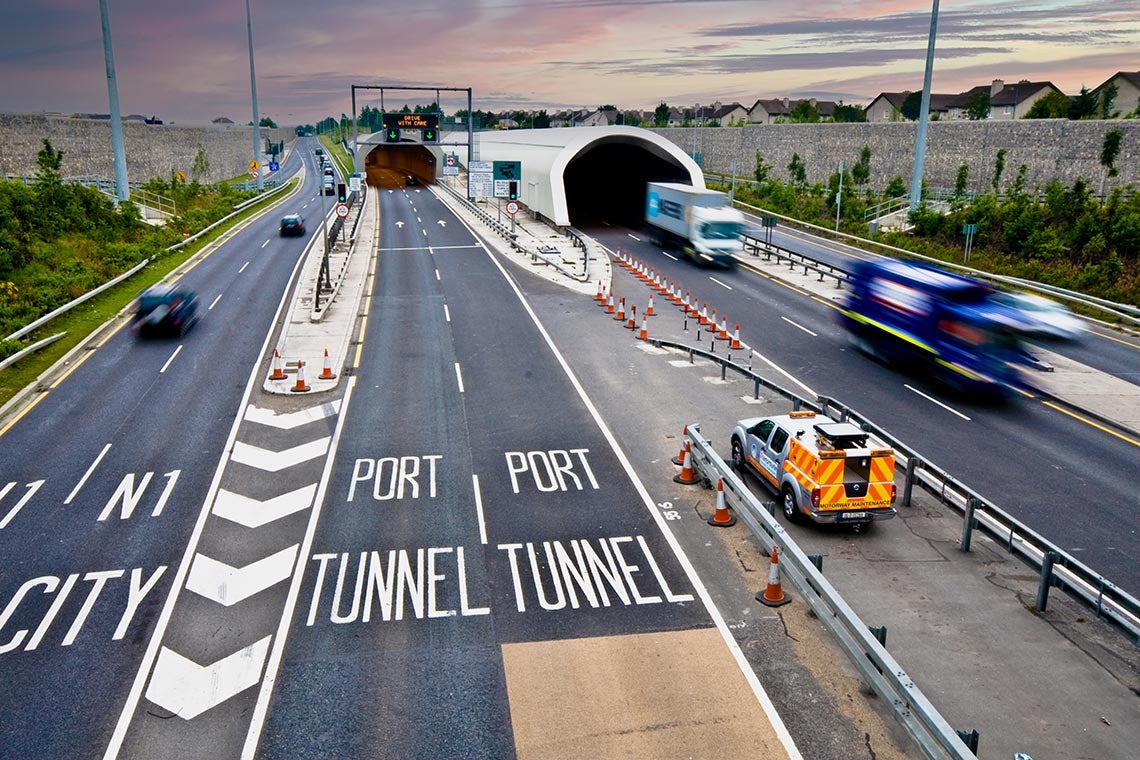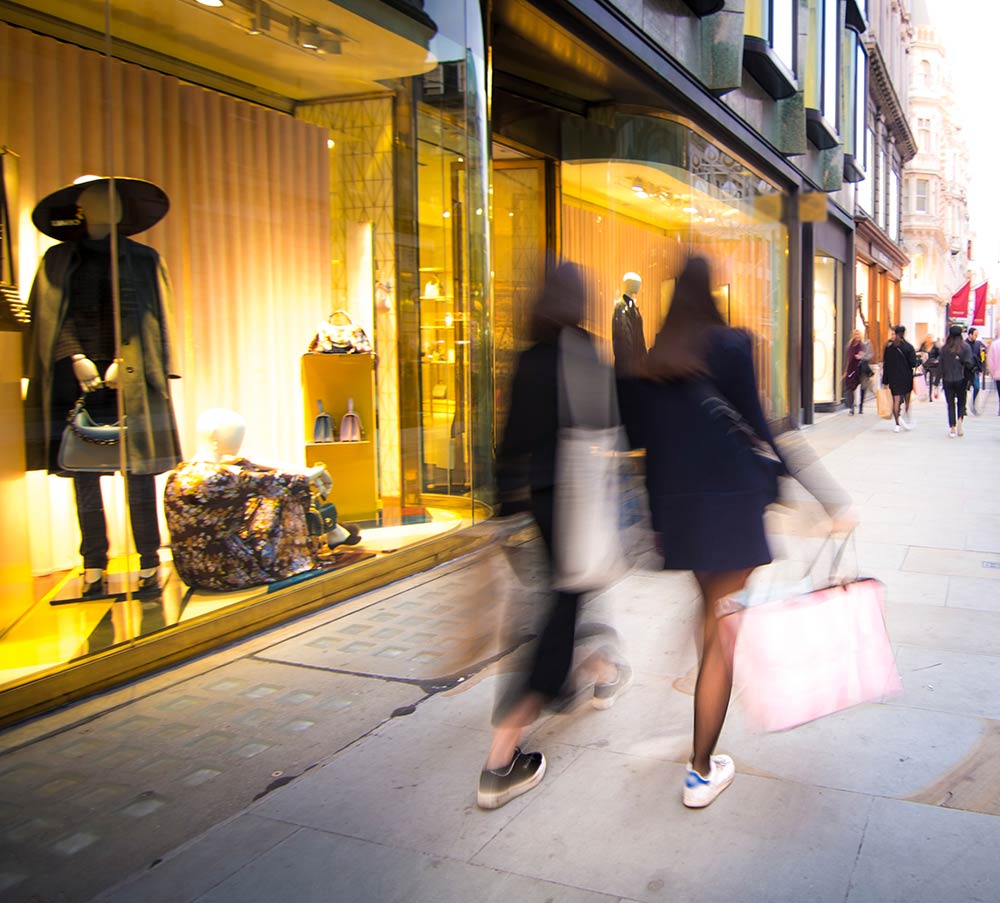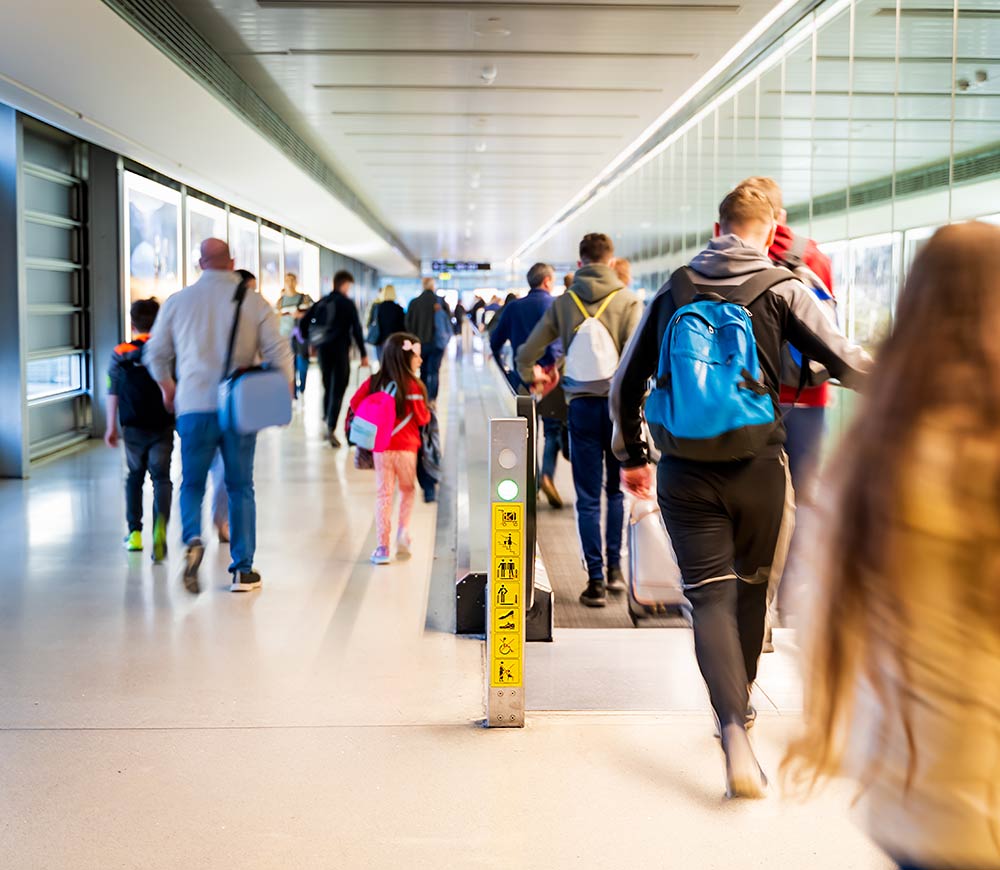Dublin’s future is inextricably bound to its appeal as a place to do business and its ability to nurture and attract entrepreneurs. An attractive business environment, global and national connectivity, a broad economic base, and an innovative start-up ecosystem all play a crucial role in the success of Dublin’s economy.
The multiplier effect of a vibrant enterprise culture is also of significant importance and shouldn’t be underestimated in terms of its ability to provide a catalyst for sustainable economic and societal progress. Entrepreneurship can create a ripple effect supporting activity in the educational, retail, cultural, creative and hospitality sectors that are unique to Dublin.
Half (50 percent) of respondents say that the economic performance of the city is very important, and two thirds (65 percent) believe that Dublin is doing well in this area. An attractive business environment is rated as the first priority by four in ten (forty percent) thus its maintenance is critical.




